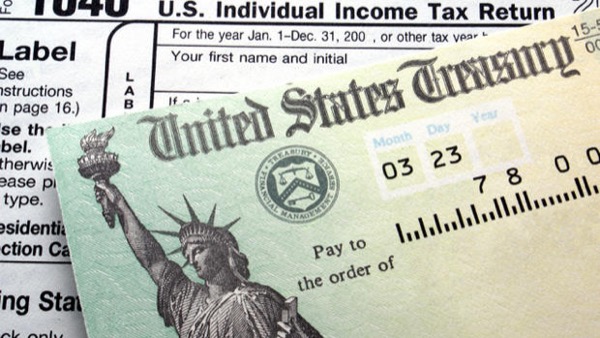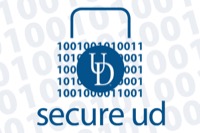
Tax fraud
UD taxpayers report being caught up in tax fraud seen across the country
1:59 p.m., April 20, 2015--Members of the University of Delaware community have joined the growing number of Americans reporting that fraudulent U.S. income tax returns have been filed using their names and Social Security numbers (SSNs).
Basic information like name, date of birth and SSN is all that is needed to file a fraudulent return. If that fraudulent return is filed before a legitimate taxpayer files, the legitimate return is blocked by the IRS because a return for that name and SSN has already been processed.
FYI Stories
June 6: UDid It! Picnic
2FA protects you
This type of fraud occurs because the current IRS system does not verify the information on a tax return until after a payment or refund is processed.
UD employees and students are not the only targets of this method of defrauding the IRS. No one set of taxpayers seems singled out — fraud reports have come from employees of other universities, medical centers, large private businesses and small businesses.
The IRS reports that in the first three months of 2013 alone, over 200,000 complaints about “IRS imposter” fraud were received. News reports indicate that the problem is continuing to escalate across the United States.
If you are notified that your tax return cannot be accepted, receive an unexpected refund check or debit card, or have other evidence of tax fraud, follow the IRS steps for tax fraud remediation:
- Report the fraud to your local police.
- Notify at least one of the major credit bureaus.
- File an IRS Form 14039, Identity Theft Affidavit, stating someone has filed a fraudulent federal tax return in your name.
There is no indication that instances of this fraud are related to any breach of UD information. The number of tax fraud cases reported by the UD community to date is much too small to demonstrate a link to the July 2013 UD data breach. As stated at the IRS website, “Not all data breaches or computer hacks result in tax-related identity theft.”
In addition to conducting its own investigation, the University is collaborating with ongoing investigations led by the IRS, the FBI and other universities.
UD employees or students who have been victims of this tax fraud should follow the IRS steps for tax fraud remediation, and report the fraud to secadmin@udel.edu. The University will track the reports, investigate to determine if specific steps are required to protect the UD community, and use the information to assist the UD, IRS, FBI and other investigations.
For further information:
- 60 Minutes (CBS), Biggest IRS scam around: Identity tax refund fraud, Sept. 21, 2014.
- IRS, Taxpayer guide to identity theft, April 15, 2015
- Federal Trade Commission, Tax-related identity theft, Nov. 2013.
- Matt Hunter (NBC), Tax-refund fraud soaring, little IRS can do, Feb. 12, 2015.
- Brian Krebs, The rise in state tax refund fraud, Feb. 17, 2015.
Image courtesy Missouri Business Alert, under a Creative Commons license.








